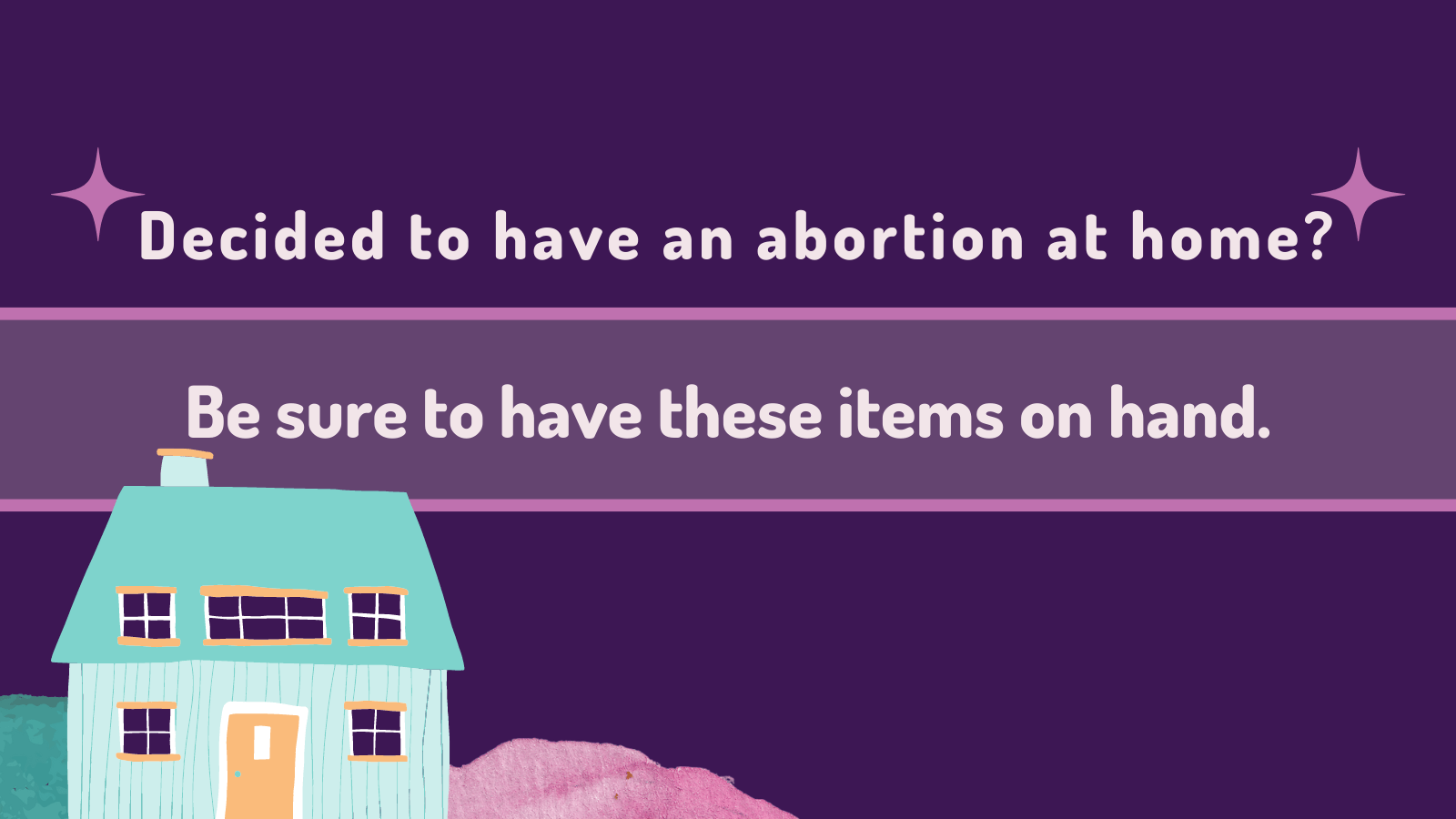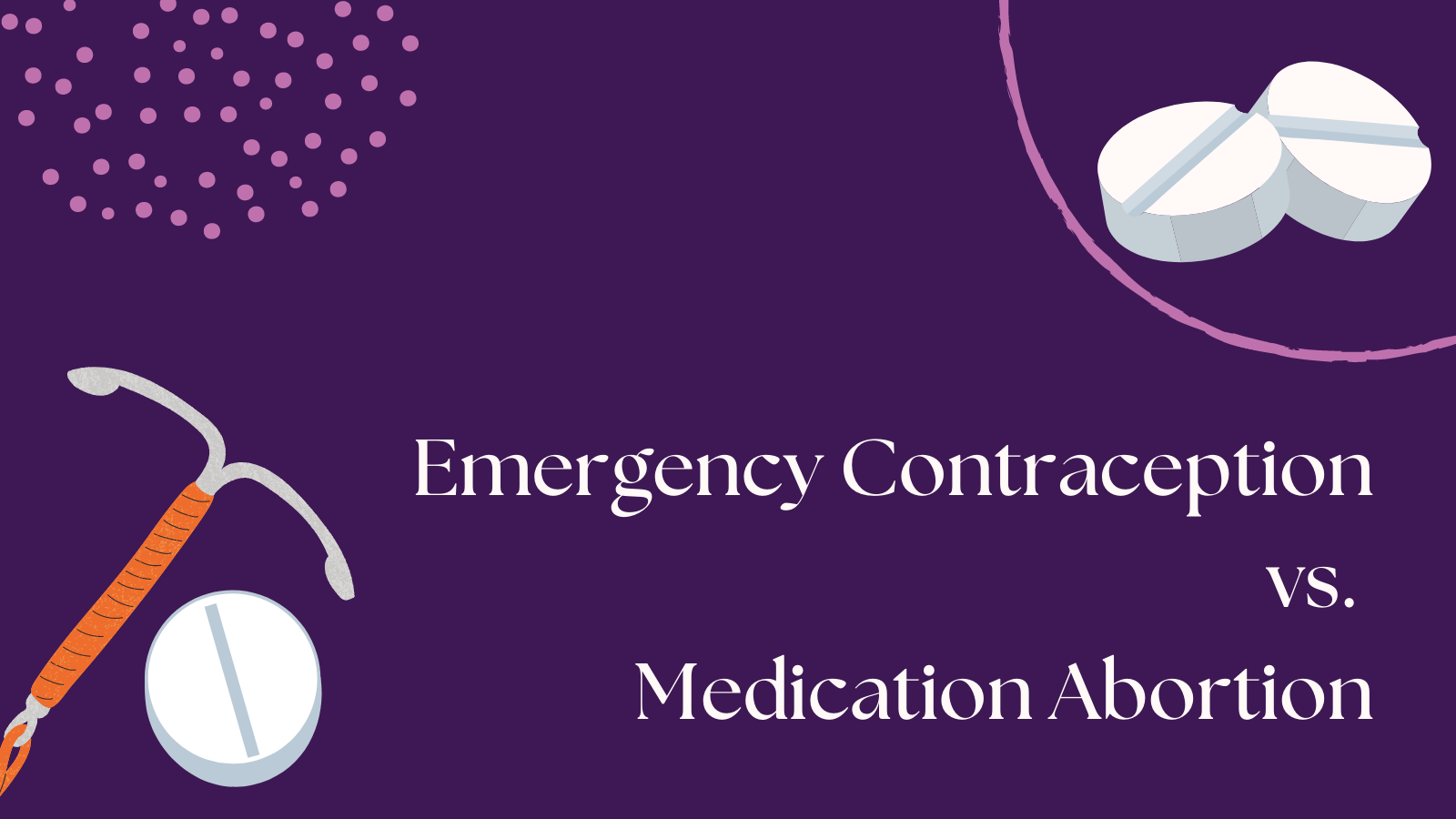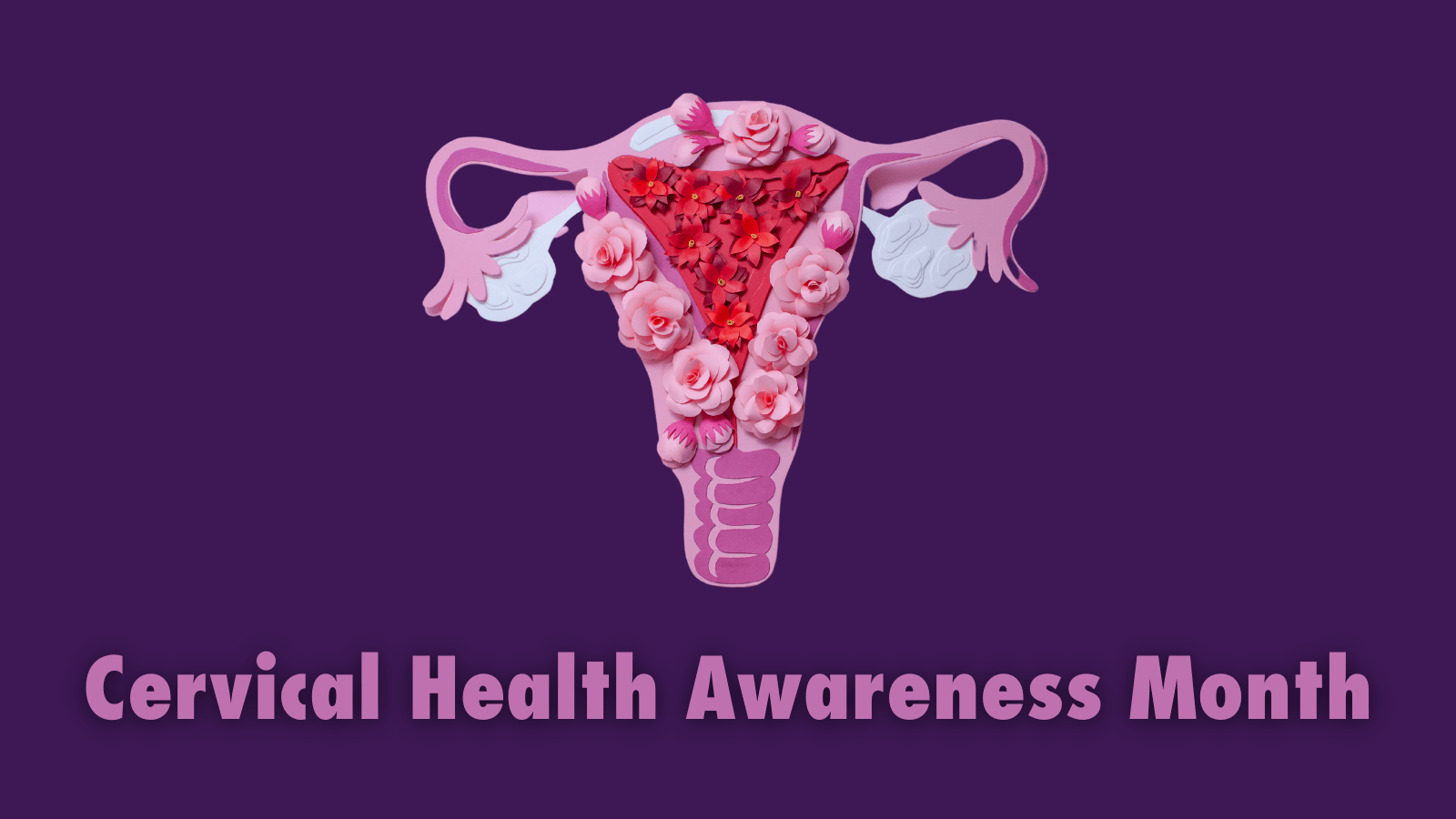December 10, 2021 – Today, the U.S. Supreme Court issued decisions in two cases challenging Texas’ ban on abortion after six weeks of pregnancy (SB 8), ending two of the most promising pathways to blocking the ban. In a 5-4 majority, the Court ruled that the most significant part of a case filed by a coalition of abortion providers and others impacted by the ban, led by Whole Woman’s Health, must be dismissed, ruling that the health care providers could not bring suit against the classes of state judges and clerks or the state Attorney General. The Court also ruled that a narrow portion of the case may proceed against the Texas Medical Board and other licensing authorities, but this would not prevent bounty-hunter lawsuits from being filed.
“Today is day 101 of Texans being denied their basic right to essential abortion care,” says Amy Hagstrom Miller, President & CEO of Whole Woman’s Health and Whole Woman’s Health Alliance. “Texans deserve better than this. This ban will have lasting effects on Texas communities for decades to come. We know this decision isn’t the end and our fight against this law is not over. Justice Sotomayor said it best: ‘The court should have put an end to this madness months ago before SB 8 went into effect. It failed to do so then, and it fails again today.’ Our fight goes on.”
Dissenting Justices mourned the impact this decision will have on the Constitution itself. Chief Justice Roberts wrote, “The nature of the federal right infringed does not matter; it is the role of the Supreme Court in our constitutional system that is at stake.” In a separate dissent, Justice Sotomayor wrote, “By foreclosing suit against state-court officials and the state attorney general, the Court effectively invites other states to refine SB 8’s model for nullifying federal rights. The Court thus betrays not only the citizens of Texas, but also our constitutional system of government.”
Since Sept. 1—when the ban first took effect after the Supreme Court refused to block it—most Texans who are past the earliest stages of pregnancy have been unable to access abortion in the state. Today’s decision comes after exactly 100 days of legal back-and-forth that have wreaked havoc on abortion access in Texas and the surrounding region. The impact has fallen harshest on marginalized communities, including people living on low incomes, and Black and brown communities. People who are unable to leave the state have been forced to continue their pregnancies, and those with resources were forced to flee the state. Clinics in neighboring states reported huge upticks in Texas patients, resulting in weeks-long wait times for all patients. For instance, an Oklahoma clinic reported that two-thirds of the phone calls it received since SB 8 took effect were from Texas patients.
While these Texas cases were heard to answer procedural questions, the Court heard another abortion case on Dec. 1 that directly challenges Roe v. Wade. In that case, Dobbs v. Jackson Women’s Health Organization, the state of Mississippi asked the Court to overturn Roe and eliminate all constitutional protections for abortion. If the Court grants Mississippi’s request, half the states in the U.S. would likely take immediate action to ban abortion entirely.
Today’s ruling allows the abortion providers’ lawsuit to continue against a narrow number of defendants, including the Texas Medical Board. In a separate ruling on the U.S. Department of Justice’s challenge to the law, the Court denied the DOJ’s request to block the law and sent the case back to the Fifth Circuit Court of Appeals, which already wiped out emergency relief to restore abortion access.
Several state court challenges seeking to declare SB 8 unconstitutional remain ongoing. Yesterday, in a case brought by Planned Parenthood affiliates in Texas and others, a Texas state-court judge held S.B. 8’s private enforcement scheme unconstitutional. That decision has been appealed. In October, the Center for Reproductive Rights filed a lawsuit, Braid v. Stilley, on behalf of Dr. Alan Braid, a Texas doctor who provided abortion services in violation of the ban.
Since SB 8 took effect, the average one-way driving distance for Texans to reach an abortion clinic has increased from 17 miles to 247 miles—a 14-fold increase. In October, the Guttmacher Institute released startling new data showing how far people in each state will need to travel for abortion care if Roe v. Wade is overturned.
SB 8 bans abortion after about six weeks of pregnancy—before many people even know they’re pregnant—and creates a bounty-hunting scheme that encourages the general public to bring costly and harassing lawsuits against anyone who they believe has violated the ban. Anyone who successfully sues an abortion provider, a health center worker, or any person who helps someone access an abortion after six weeks in Texas will be rewarded with at least $10,000, to be paid by the person sued. Lawsuits may be filed against a broad range of people, including: a physician who provides an abortion; a person who drives their friend to obtain an abortion; abortion funds providing financial assistance to patients; health center staff; and even a member of the clergy who assists an abortion patient.
The plaintiffs in Whole Woman’s Health v. Jackson are represented by the Center for Reproductive Rights, Planned Parenthood Federation of America, the Lawyering Project, the American Civil Liberties Union, the ACLU of Texas, Morrison & Foerster LLP, and Austin attorney Christen Mason Hebert. The defendants included a class of state court trial judges and county clerks in Texas, the Texas Medical Board, the Texas Board of Nursing, the Texas Board of Pharmacy, the Texas attorney general, and the director of Right to Life East Texas.
Timeline of Whole Woman’s Health v. Jackson available here.




